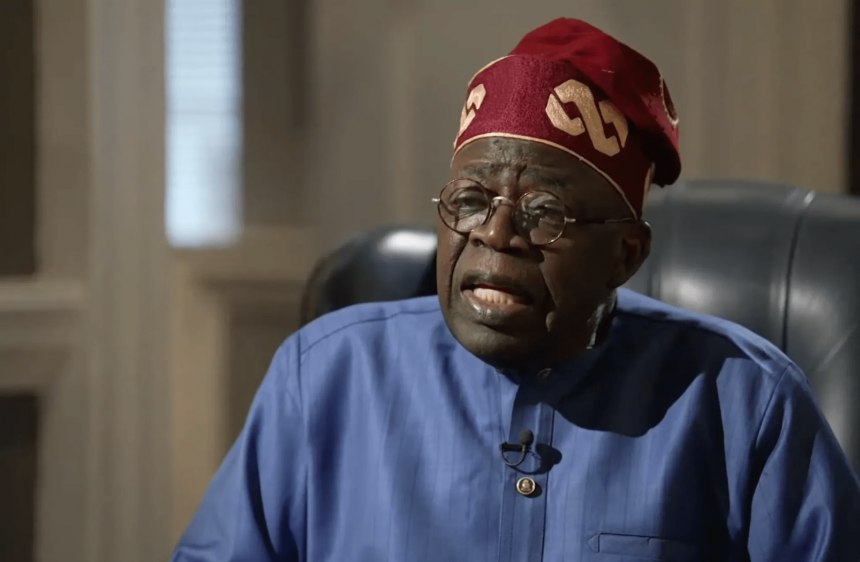A suffocating silence of the graveyard enveloped the country as it dawned on the nation that another opportunity to clinch the much-coveted AFCON trophy had slipped away, along with the fleeting joy that could have momentarily alleviated Nigerians from the throes of economic hardship. The unbearable heat Nigerians endure throughout the night because of the erratic power supply that has occasioned the swearing in of the ‘Minister of Darkness’, Adebayo Adelabu, and the constant fear of the unknown have become our stark realities for now, and who can tell, maybe for longer.
A nation accustomed to dashed hopes, the defeat to the Elephants of Cote d’Ivoire in the AFCON finals is one piercing blow too many for the resilient and beleaguered hearts of Nigerians. The anticipated victory was meant to serve as an analgesic, offering temporary relief from the grim reality that once again looms over Nigerians.
We have dared to dream, only to be jolted back to harsh reality. The anger is back and so is the hunger. The nation grapples for survival, and now is the time to confront President Bola Ahmed Tinubu with the unvarnished truth – Nigerians are suffering.
Patriotism manifests in various forms, one of which is the courage to speak truth to power. As Israelmore Ayivor aptly noted, “You don’t necessarily need atomic bombs to destroy a nation,” You do so silently by defending the indefensible. You do this by looking the other way as the nation burns. You do this by defending the growing hunger while you are also hungry.
The onus rests on the president’s shoulders. The nation grapples with kidnappings for ransom, banditry, hunger, darkness, and skyrocketing inflation, and someone must inform the president, if he is not already aware.
While he has occasionally acknowledged these challenges, does he comprehend the extent of the suffering? Is he aware that Nigerians have taken to the streets in various states to protest the exorbitant cost of food and growing hunger in the land? Will the release of the grains ameliorate the suffering?
Is he aware that a kilo of Titus fish is around N3,700; a derica of rice is N1,200; a kilo of chicken sells for around N5,000; a bag of pure water is N300; a derica of beans sells for around N900; spaghetti sells for N900; and one egg sells for N150? We need to list these things because they are the food of the poor man, the common man for a better euphemism, or the masses as majority of Nigerians are being called. The president’s advisers may shield him from such harsh realities, as many are out of touch with the daily struggles of the common man.
Regrettably, when these issues are raised, his sycophants are quick to dismiss them, citing historical precedents dating back to the eras of Obafemi Awolowo, Shehu Shagari, Nnamdi Azikiwe, or even Leopold II of Belgium. While acknowledging historical context, Tinubu was elected to solve problems, not exacerbate them. In some of his pre-election interviews, he professed awareness of the challenges and pledged to confront them head-on, as great leaders do. Now is the time for him to match action with words.
We can all take a cue from the legendary Fuji musician, King Wasiu Ayinde Marshall, Kwam 1. He was everywhere with Tinubu during the campaign period. One memorable part of that journey, for me, was the rally at Ogun State where Baba told Wasiu to “Fa aya le won lori” (Loosely translated as “rain curses on the enemies”). He took his mic recently and called out the president – “Nigerians are hungry”, he sang.
Nigerians bleed, and the fleeting respite they sought from the AFCON has also slipped away. It will be a long and arduous journey unless we collectively muster the courage to speak truth to power.
Akinleye Segun is a writer and public affairs analyst based in Lagos. He can be reached on mypenspeaks@gmail.com

